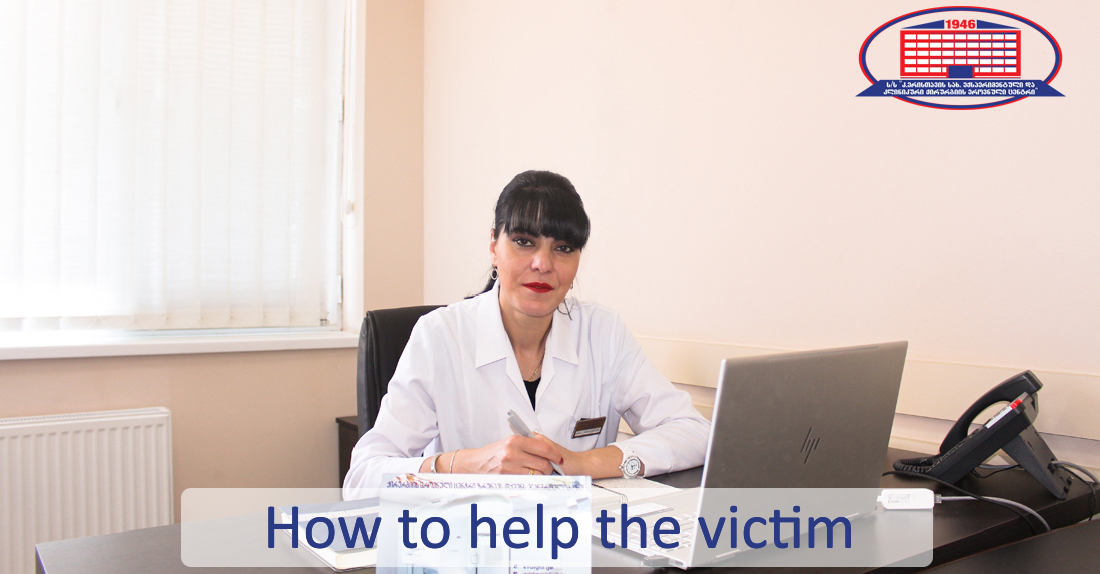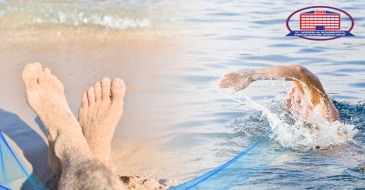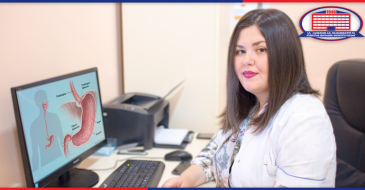
Snakes become active during the hot day of summer.
In a whole world, as well as in Georgia the cases of people bitten by the reptiles are also frequent in this season.
There are four types of poisonous snakes widespread in Georgia and out of them blunt-nosed viper is the most poisonous. Its’ poison is deathly. The newborn snake’s venom is just as dangerous as the grown one’s.
National Center of Surgery’s head of the toxicology department Maia Bezhanishvili is here to discuss the snakebite and first aid.
Ms. Bezhanishvili states – "The clinic is equipped with relevant antidotes. In case of snakebite, we use snake antivenom polyvalent serum that is inadmissible to use without the specialist. In case of the bite, turn to National Center of Surgery, where snakebite treatment with snake antivenom polyvalent serum is possible every day for 24 hours.
What shouldn’t we do in case of snakebite and what should be done before we reach the clinic?
Allowed:
- To drink liquids in large amount;
- To consume antihistamine (anti-allergic) and steroid medication;
- In case of severe pain, analgesic (painkiller) medication is recommended.
- To avoid complications and lethality, visit the clinic right away.
Not allowed:
- To draw blood from the bite;
- To cut the bitten area;
- To burn;
- To process the wound with aseptic substances (iodine, brilliant green, spirit);
- To put a garrot on it;
- To put ice on it;
- To consume an alcoholic drink.
The snakebites in the neck and facial area are especially dangerous. Also, the depth of the damage should be taken into consideration.
What complications does the snake venom cause in the body?
The most severe complication is thrombohemorrhagic syndrome. Several minutes after the poisonous snakebite, sharp and severe pain starts, although, sometimes the pain intensity might be weaker. In place of a bite, one or two teeth marks are clearly visible.
Locally, intoxication reveals itself with swelling and erythrosis, bruises and bubbles with hæmorrhagic liquid appear.
Any venom that gets into the body naturally presents a threat.
Age, as well as a person's general health condition, is important, for example, chronic diseases increase the risk. Allergies in the anamnesis should also be considered.
National Center of Surgery address: Tbilisi, Dighomi, Chachava N5.
You may contact National Center of Surgery’s call-center at 577 119119 or 2 02 25 25.
In case of any issues, you may contact National Center of Surgery’s head of the toxicology department, Maia Bezhanishvili for consultation at 577 11 86 20.
Wish you health!








